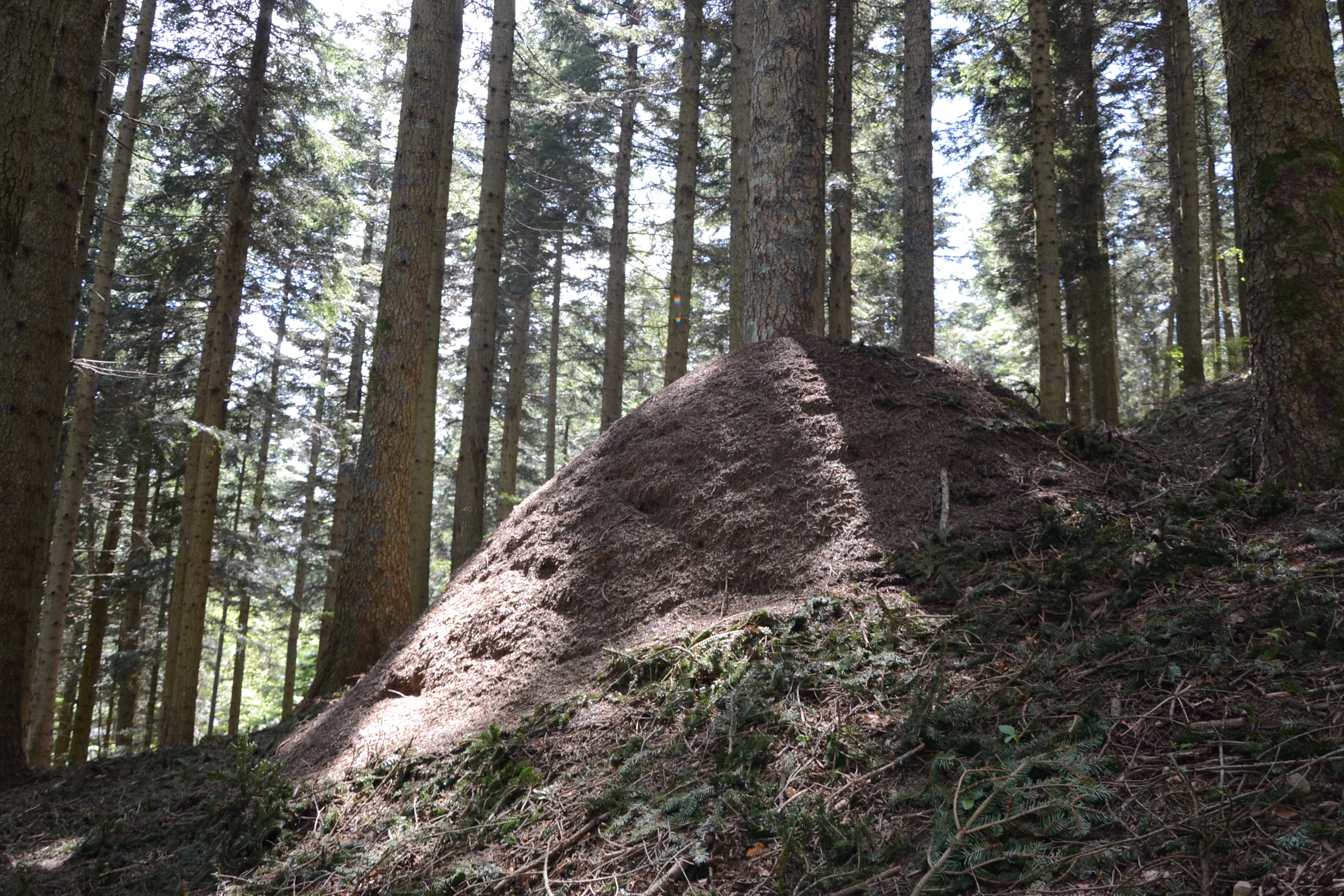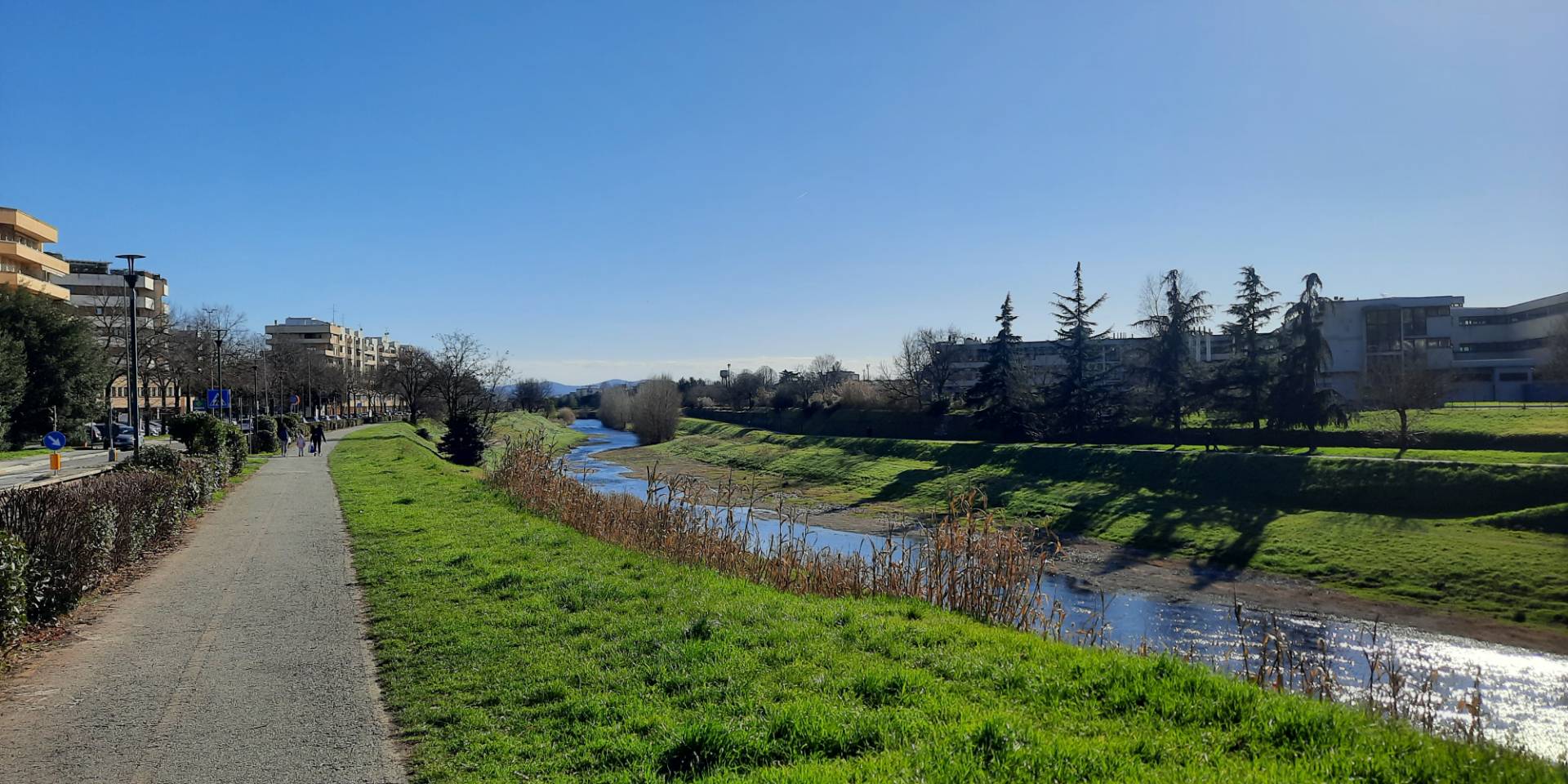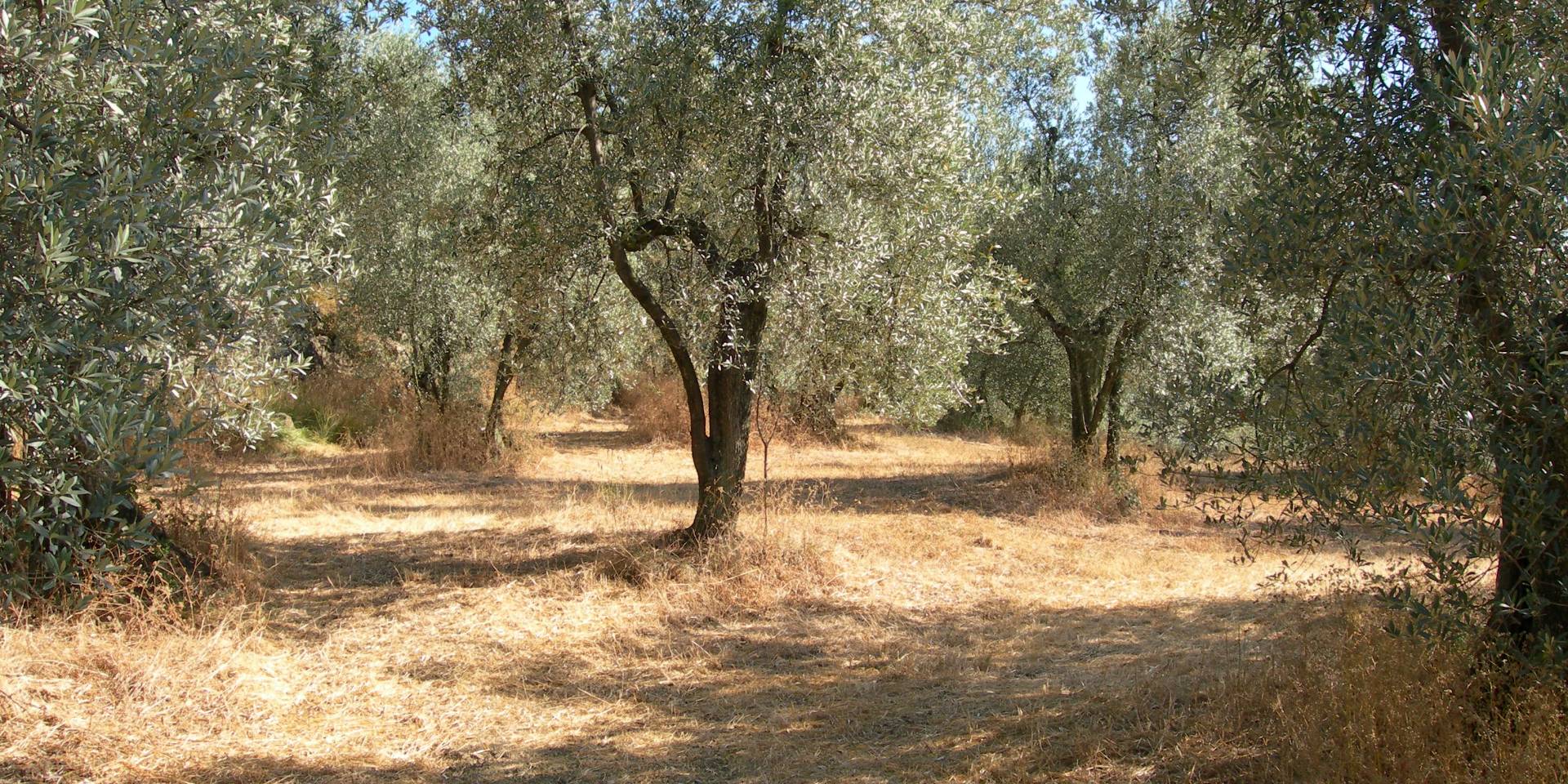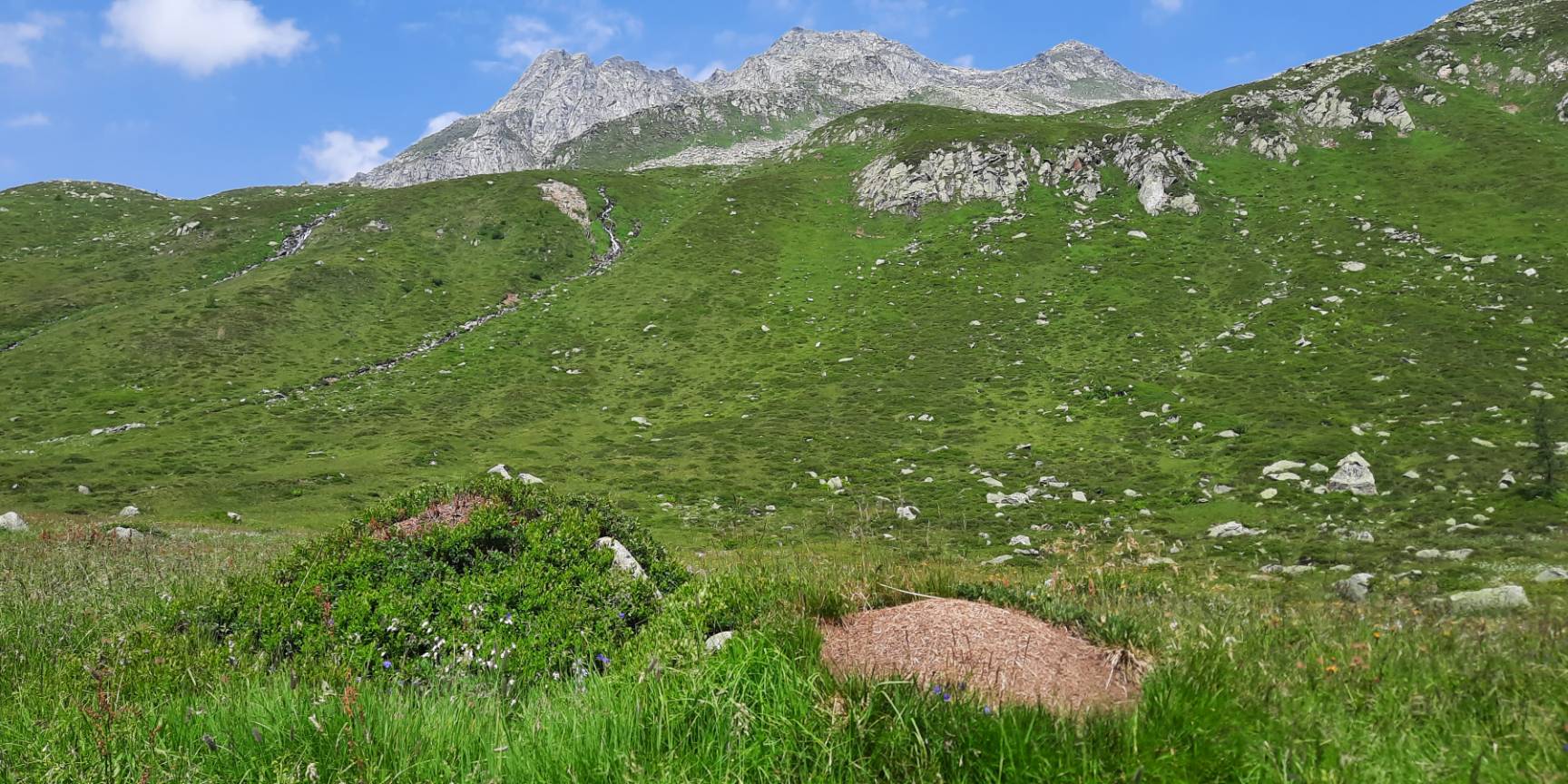Research
The main research lines are briefly outlined below, but others will follow soon.
Red Wood Ants ecology
The Formica rufa group comprises several ant species which are collectively referred to as ‘red wood ants’. These species are key components in forest ecosystems, where they are ecologically dominant, and they greatly influence the dynamics of the habitat they colonise. In Italy, these species are widespread along the Alpine chain, and only the more thermophilic Formica pratensis naturally occurs south of the Alps in the Apennine mountains. This species is declining in most parts of its distributional range, and several known populations are now extinct. Starting in the mid-1900s, colonies of F. paralugubris were repeatedly introduced as a biocontrol agent for forest insect pests from their original areas in the Alps to other sites in the Apennines, where they were formerly absent and are acquiring characters of invasiveness with non-negligible impact on autochthonous arthropods. In our lab, we study the ecology of both species, with particular emphasis on population dynamics, spatial distribution, and interactions with other species.

Biodiversity in urban habitats
Urbanization poses incredible challenges to local fauna. In this research, we investigate the changes in ant assemblages, both in terms of taxonomic and functional diversity along urbanization gradients. We also analyse the adaptation mechanisms of individual species to cope with the challenging environmental conditions faced in urban habitats. We also investigate the accumulation of pollutants (metals and microplastics) in the body tissues of urban ants.

Agroecology
Agriculture is one of the dominant types of soil use throughout the world, and understanding patterns of species distributions across agroecosystems is a significant challenge for the future. In this research line, we study the changes in ant assemblages in differently managed agroecosystems (e.g. conventional vs. organic), the effect of agrochemicals on the behaviour of social insects, and the interactions between ants and several pest species to develop ecologically-friendly biocontrol systems. Most of this research is carried out in collaboration with colleagues of the DAGRI.

Mountain ants
Mountain areas are biodiversity hotspots that provide a multitude of ecosystem services of irreplaceable social and economic importance. The increasing anthropic pressure, coupled with ongoing global warming, is posing extreme challenges to mountain organisms. In this research line, we investigate ant taxonomic and functional diversity patterns along altitudinal gradients, mainly in the Apennine mountains. The research is part of a wider project that includes several other groups of animals and plants and involves several colleagues in our Department.

Last update
09.06.2023
